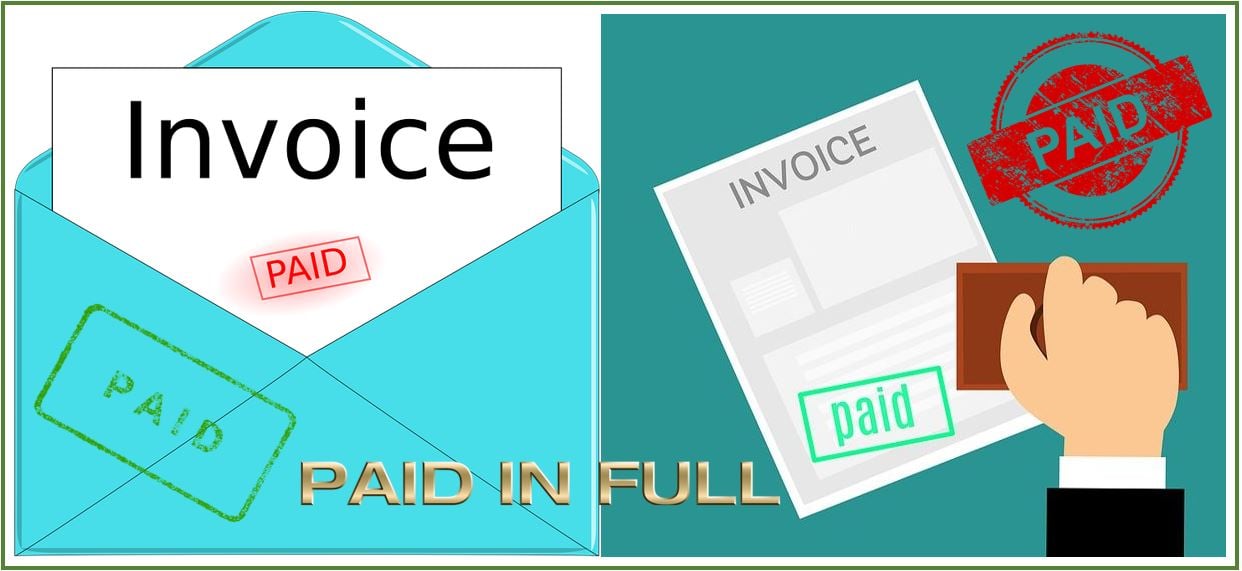When turning your startup idea to an actual business, there are several things that you need to set up to get on track. Finances are the primary aspect of consideration, and a wrong move can drag you back to square one. You need to do due diligence on the market, be proactive in marketing your brand, and be cautious with finances. Here are ten steps to get your stat up on track.
 Open a bank account
Open a bank account
Once you have registered your business with the relevant authorities and received the authorization document, you will need to open a bank account to deposit income from the business. Having a distinct bank account for your business makes it easy for recording and paying taxes. With a strong business financial record, the likelihood of getting funding for the growth of your business from investors and lenders increases. You also get to protect personal assets in case of audits, lawsuits, or bankruptcy.
Trace your expenditure
The secret to a robust accounting for your business is to keep track of all your expenses. This gets even easier with the business bank account in place. Create an inventory and back them up with a record of receipts, either hardcopy or softcopy.
Create a bookkeeping system
 Bookkeeping is different from accounting as it entails the daily recording of transactions into their specific categories that match with bank statements. This is a form of small business accounting that allows you to keep track of your expenses easily. You can choose to either use bookkeeping software or hire a part-time bookkeeper before you grow big enough to have an in-house bookkeeper.
Bookkeeping is different from accounting as it entails the daily recording of transactions into their specific categories that match with bank statements. This is a form of small business accounting that allows you to keep track of your expenses easily. You can choose to either use bookkeeping software or hire a part-time bookkeeper before you grow big enough to have an in-house bookkeeper.
Create a payroll schedule
Depending on how huge your startup has become, it is essential to consider having employees or independent contractors for a one-time job. If you have employees, then you need to prepare a payroll schedule and be sure to withhold the right tax amount. There is some fantastic software that can help you with this. If you use independent contractors, ensure you track how much you pay them and have it on record.
Determine how customers pay you
 As you grow day by day, you need to establish a mode of payment to use. You could either choose to accept cash payment, credit cards, or direct bank transfers. If you consider using a third-party payment processor, you need to note that there are charges that apply and establish if you can afford to suffer these deductions at such a time when every dime counts for the growth of your startup.
As you grow day by day, you need to establish a mode of payment to use. You could either choose to accept cash payment, credit cards, or direct bank transfers. If you consider using a third-party payment processor, you need to note that there are charges that apply and establish if you can afford to suffer these deductions at such a time when every dime counts for the growth of your startup.
Determine the import tax
Depending on the type of products and services you sell, you may need to import some goods which are subject to importation tax and duties. Learn about these taxes from the authorities at the port, border, or airport, and understand the procedure.
Understand tax payment requirements
Each state and country have its task requirements based on the goods you sell or the services you offer. There are the state tax and tax paid to the national government, and you must understand these requirements and follow them to the latter. Get an updated list of these requirements and percentages from the tax collector, including deadlines.
Determine your tax responsibility
The different types of businesses have various tax obligations. LLCs, partnerships or sole proprietorships claim business income tax and personal tax returns, whereas corporations are not taxed together with the owner.
Calculate your gross margin
The first step to earning more from your startup is by growing your gross margin. To calculate the gross margin, you will have to calculate the cost of production; this includes raw materials and labor costs. You can easily calculate the gross margin with any reliable profit margin calculator available online.
Source for funding
You might have the capital to get the business off the ground, but there is a high probability you will need to source for funding to grow the business. You can use the profits you get during this short period to keep the business running but consider applying for funding from investors, banks, or business partners. This is where you need the financial statements and balance sheet when tracking your expenses.
Note that all these steps revolve around finances, which is the core of any business.
Video – What is a startup?
Interesting related article: “What is a Startup?”

